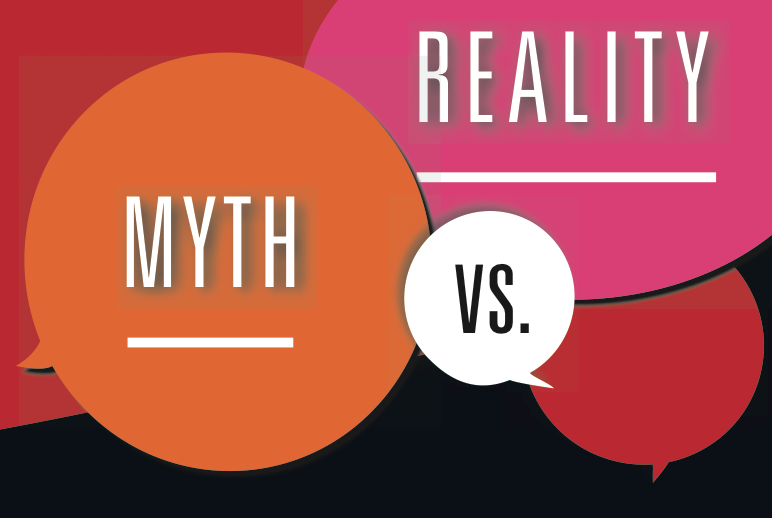There is a lot of misinformation about bipolar disorder. This is largely because it is not well understood by the general public. In this blog post, we will debunk some of the most common myths about bipolar disorder and give bipolar disorder facts based on expert opinions. We hope that this information will help to educate people about this condition and dispel some of the misconceptions that are so prevalent in society today.
Contents
Understanding Bipolar Disorder
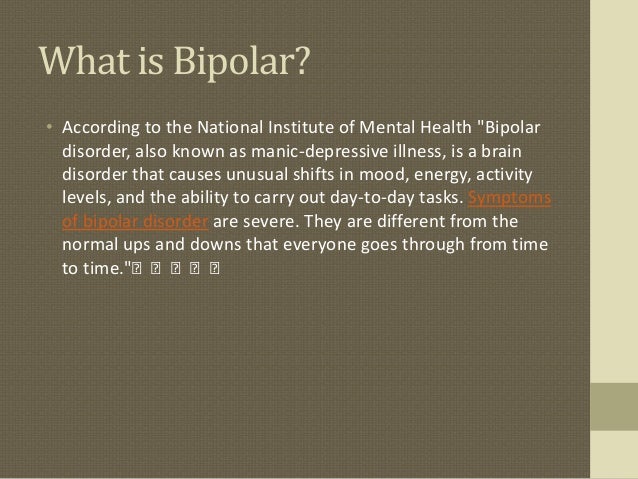
Bipolar disorder is a mental illness that causes extreme mood swings. These mood swings can cause people to feel extremely happy and energetic one moment, and then very sad and depressed the next.
What Are Types Of Bipolar Disorder?
There are three main types of bipolar disorder: bipolar I, bipolar II, and cyclothymia.
Bipolar I
Bipolar I is the most severe type of bipolar disorder. It is characterized by episodes of mania (an extreme state of happiness and energy) and depression.
Bipolar II
Bipolar II is less severe than bipolar I. It is characterized by episodes of hypomania (a less severe form of mania) and depression.
Cyclothymia
Cyclothymia is a milder type of bipolar disorder that causes people to experience mood swings that are not as extreme as those seen in bipolar I or II.
What Are Degrees Of Bipolar Disorder?
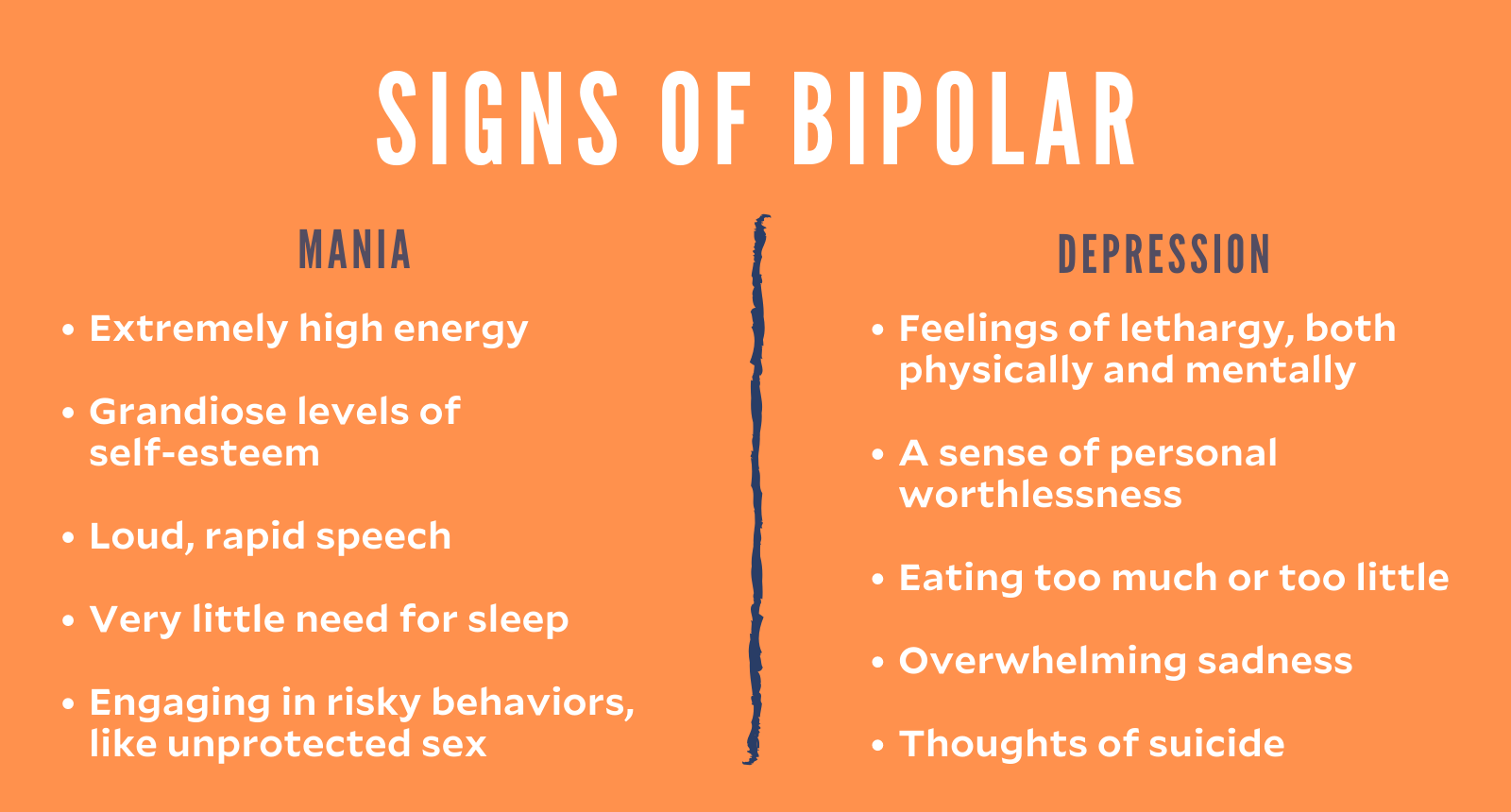
There are four degrees of bipolar disorder:
Mild: People with mild bipolar disorder only experience a few symptoms of the illness.
Moderate: People with moderate bipolar disorder experience more symptoms than those with mild bipolar disorder.
Severe: People with severe bipolar disorder experience many, if not all, of the symptoms of the illness.
Extreme: People with extreme bipolar disorder have the most severe form of the illness and experience symptoms that are very difficult to manage.
What Are Causes Of Bipolar Disorder?
The cause of the bipolar disorder is not yet known, but it is believed to be caused by a combination of genetic and environmental factors.
Genetic Factors: Studies have shown that people with bipolar disorder are more likely to have a close relative who also has the condition.
Environmental Factors: Exposure to stress, traumatic events, or certain medications can trigger bipolar disorder in people who are genetically predisposed to the condition.
Bursting Ten Bipolar Myths
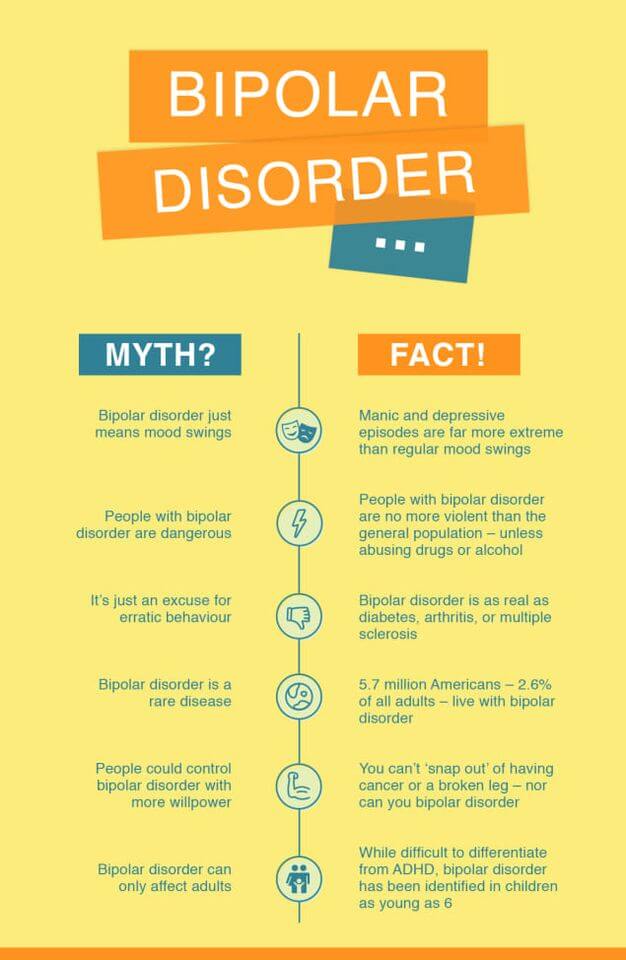
There are many myths about bipolar disorder that need to be debunked. Here are some of the most common ones:
Myth 1
Bipolar disorder is a rare condition.
Fact: Bipolar disorder is not as rare as some people think. It affects about two percent of the population.
Myth 2
Only crazy people have bipolar disorder.
Fact: This is not true. Bipolar disorder can affect anyone, regardless of age, race, or socioeconomic status.
Myth 3
People with bipolar disorder are always in danger of harming themselves or others.
Fact: While people with bipolar disorder are more likely to harm themselves or others than the general population, this is not always the case. Most people with bipolar disorder can live normal, healthy lives.
Myth 4
People with bipolar disorder can never experience stability or happiness.
Fact: Many people with bipolar disorder find stability and happiness through treatment.
Myth 5
All people with bipolar disorder are suicidal.
Fact: Only a small percentage of people with bipolar disorder are suicidal. Most people with the condition live long, happy lives.
Myth 6
Bipolar disorder is caused by bad parenting or personal problems.
Fact: Bipolar disorder is not caused by bad parenting or personal problems. It is a medical condition that is caused by a combination of genetic and environmental factors.
Myth 7
Bipolar disorder can be cured with medication.
Fact: Bipolar disorder cannot be cured, but it can be managed with medication. People with bipolar disorder should always consult with a doctor before taking any medications. As some medications may worsen the condition.
Myth 8
People with bipolar disorder are crazy or insane.
Fact: People with bipolar disorder are not crazy or insane. They are people who have a medical condition that causes extreme mood swings.
Myth 9
Bipolar disorder is nothing but a lack of willpower or self-control.
Fact: Bipolar disorder is not caused by a lack of willpower or self-control. It is a medical condition that is caused by a combination of genetic and environmental factors.
Myth 10
People with bipolar disorder can never hold down a job or have successful relationships.
Fact: Many people with bipolar disorder can hold down jobs and have successful relationships. However, they need to seek treatment so that they can manage their condition.
Myth 11
Bipolar disorder is just a mood disorder and is not as serious as other mental illnesses.
Fact: Bipolar disorder is a serious mental illness that people should not take lightly. It affects millions of people around the world and can cause significant problems in people’s lives if it goes without treatment.
Myth 12
Bipolar disorder is the same thing as schizophrenia.
Fact: Bipolar disorder and schizophrenia are two different mental illnesses. Schizophrenia is a condition that causes people to experience hallucinations and delusions, while bipolar disorder causes extreme mood swings.
Myth 13
People can manage, treat and control bipolar disorder with diet and lifestyle changes.
Fact: While it is important for people with bipolar disorder to lead a healthy lifestyle, dietary and lifestyle changes alone will not cure the condition.
Myth 14
People with bipolar disorder are always in a state of mania.
Fact: This is not true either. Many people with bipolar disorder experience periods of depression as well as mania.
Myth 15
Mania is a state of happiness and excitement.
Fact: Mania is actually in a state of extreme irritability and energy. It can be very dangerous, as it can lead to risky behavior or even hallucinations.
Myth 16
Bipolar disorder is a death sentence.
Fact: Bipolar disorder is not a death sentence. With proper treatment, many people with the condition can live normal, healthy lives.
Experts On Misconceptions About Bipolar Disorder
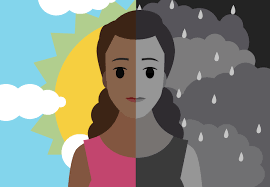
There are many misconceptions about bipolar disorder for one to debunk to shine a light on the truth. Here are some of the experts who can help:
Dr. John Gartner: Dr. Gartner is a psychiatric expert and assistant professor at Johns Hopkins University School of Medicine. He has written extensively on bipolar disorder and is a strong advocate for people with the condition.
Dr. Demitri Papolos: Dr. Papolos is an expert on bipolar disorder and the author of The Bipolar Child. He has been working in the field of mental health for more than thirty years and has dedicated his life to helping people with bipolar disorder and their families.
Dr. Charles Raison: Dr. Raison is a psychiatric expert and the author of The Mind-Body Connection. He has worked extensively with people who have bipolar disorder and other mental illnesses and has written about the link between mind and body health.
Case Study
Jim is a 38-year-old man who was recently diagnosed with bipolar disorder. He has been struggling with the condition for years, but only recently decided to seek treatment. Jim’s doctor put him on medication and advised him to make some lifestyle changes.
While it will take some time for Jim to adjust to his new diagnosis, he is hopeful that he will be able to manage his bipolar disorder and lead a normal, healthy life. He knows that there is no cure for the condition, but he is ready to do everything he can to stay on track.
Jim’s friends and family have been supportive of him and they are eager to learn more about bipolar disorder facts so that they can better understand his condition.
Educating People
If you want to help educate people about bipolar disorder facts, here are five tips:
One of the best ways to educate people about bipolar disorder is to share your own story. When people can see that someone they know and respect has the condition, it helps them understand it better.
Use facts and statistics
Another great way to educate people about bipolar disorder facts is to use important facts and statistics. When people can see that the condition is common and affects millions of people, it helps them understand it better.
Use images and videos
Images and videos are a great way to help people understand bipolar disorder. When they can see and hear from real people who have the condition, it helps them connect with it more deeply.
Use expert quotes
Quotes from experts on bipolar disorder can be really helpful in educating people about the condition. When they can hear directly from doctors and psychiatrists about what the condition is and how they treat it, it helps them understand it better.
Use resources from reputable organizations
Many reputable organizations provide information on bipolar disorder. When people can get information from reliable sources, it helps them understand the condition better.
Conclusion
Bipolar disorder is a serious mental illness that affects millions of people around the world. It can cause significant problems in people’s lives if it goes untreatable. However, with treatment, most people with bipolar disorder can live normal, healthy lives. It is important to talk openly and honestly about bipolar disorder facts so that people can understand them better and seek treatment if needed.
A Word From Therapy Mantra
Your mental health — Your psychological, emotional, and social well-being — has an impact on every aspect of your life. Positive mental health essentially allows you to effectively deal with life’s everyday challenges.
At TherapyMantra, we have a team of therapists who provide affordable online therapy to assist you with issues such as depression, anxiety, stress, workplace Issues, addiction, relationship, OCD, LGBTQ, and PTSD. You can book a free therapy or download our free Android or iOS app.
